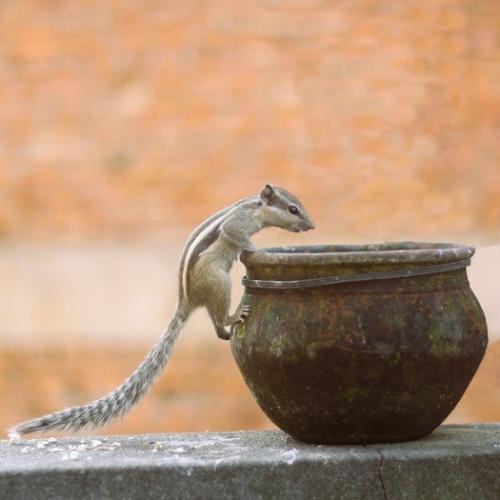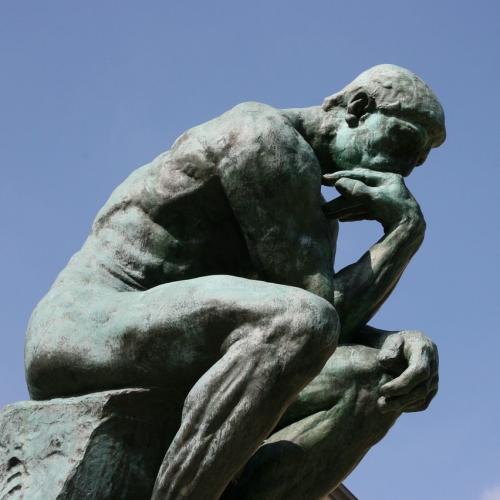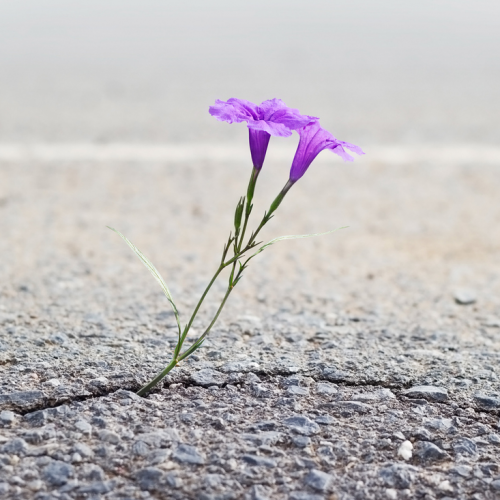Successful mathematicians understand curriculum concepts, are fluent in mathematical procedures, can solve problems, explain and justify their thinking, and have a positive attitude towards learning mathematics.
Being curious, resourceful, resilient and collaborative are all valuable mathematical mindsets. We hope the activities below will give learners opportunities to develop these desirable characteristics.
For problems arranged by curriculum topics, see our Secondary Curriculum page.
For problems arranged by mathematical thinking skills, see our Mathematical Thinking page.

Being curious - Secondary teachers
Age: 11 to 16
These problems will exploit students' natural curiosity and provoke them to ask good mathematical questions.

Being collaborative - Secondary teachers
Age: 11 to 16
Being collaborative means developing your cooperation, self-assurance and empathy. These problems might help!

Being resourceful - Secondary teachers
Age: 11 to 16
These problems require careful consideration. Allow your students time to become absorbed in them.

Being resilient - Secondary teachers
Age: 11 to 16
These problems require resilience. Encourage your students to persevere - there's often a great sense of achievement when we've had to struggle.
In this film (available here if you live outside the UK) the mathematician Andrew Wiles talks about his personal experience of seeking a proof of Fermat's Last Theorem. He describes what it is like to do mathematics, to be creative, to have difficulties, to make mistakes, to persevere, to make progress, to have a dream and love what you are doing so much that you are willing to devote yourself to it for a long time. Of course, each mathematician's experience is different, and most mathematicians do not work alone for such prolonged periods without discussing their work with others, but much of Andrew Wiles' experience is shared amongst mathematicians, and reminds us of the rewards of perseverance in the face of difficulty.
You may also be interested in this paper, Habits of Mind: An Organizing Principle for Mathematics Curricula, in which Cuoco, Goldenberg and Mark call for mathematics curricula to have ways of thinking about mathematics at their core.
